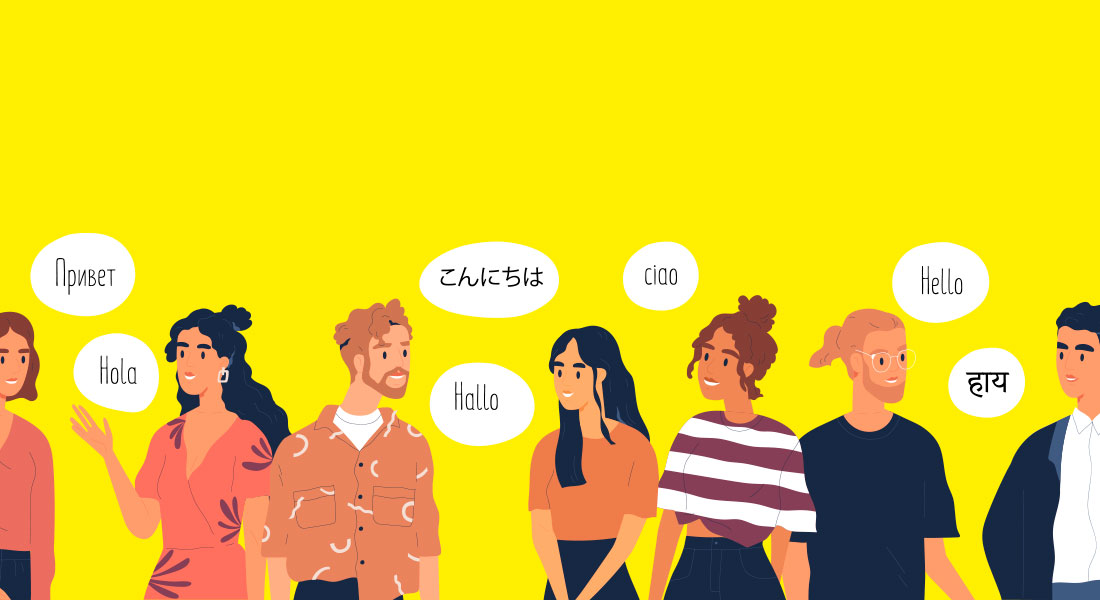


I came across the official Twitter account of the Royal Academy of the Spanish Language (RAE in its Spanish initials) and was surprised to discover that they, too, get routinely attacked via angry tweets. Twitter spares no one I realized, not even what I though was one of the most anodyne and less conflict-inducing organizations. The RAE is tasked with not only publishing and keeping up-to-date the “official” dictionary of the Spanish language; it also keeps track of its evolution. Adding new words or meanings as they become increasingly popularized among speakers. And just as it happens with everything else, this makes some part of the “twitterdom” very, very angry as they complain about how, for example, when anglicisms or gallicisms are incorporated into the Spanish language, it means Spanish is “dying”, “getting bastardized”, etc.
I bring up Spanish as it is my native language, therefore the one I am most familiar with. But most languages have some – sometimes more than one – similar organization tasked with being the “official” arbiters of what the language is and isn´t. And as it happens, languages change. New words are incorporated as the need for them arises because of newer technology or newer societal trends or they are straight-up invented by media, by authors (Shakespeare is credited with inventing dozens of words in English), or are created after people’s names (the word “guillotine” comes from the name of Guillotin, who invented the cutting device). Last century, in France, anxieties about the massive incorporation of anglicisms into French (such as “hamburger”) saw the rise of movements, which tried to prevent the “officialization” of such words in French. This, of course, failed – as more and more French people, especially the younger generations, simply wouldn’t stop using them when speaking.
But does it really mean that a language, or its richness, are “dying” because of the introduction of foreign words, because of the Internet, or because people abbreviate when writing an SMS?... Rather than signaling their death, these events simply show that a language is evolving. And if they are evolving, they are alive – more so than ever!... Languages such as English, Spanish, French or Mandarin Chinese, which have billions of native speakers in several countries, need not fear death or disappearance because of changes that are not only inevitable, but also not new. Languages have changed for as long as languages have existed.
Now, which are the languages that truly and effectively are dying?... those now only spoken by shrinking handfuls of people. Indigenous languages in parts of Latin America, Africa, India and China (which each alone count hundreds of indigenous languages) and other parts of Asia are now spoken by groups of a few hundred, or sometimes even a few dozen people – all of them aging, and many no longer teaching their mother tongues to the newer generations. In Mexico, languages like náhuatl or mixteco have relatively few speakers – yet still a lot compared to other much lesser known tongues. Those languages are, indeed, dying – and not because of Twitter or SMS-speak, but due to globalization. As much as globalization and the Internet have given us countless benefits; they have also brought changes such as migration into larger cities, and the concentration of people not only in smaller spaces but also in smaller linguistic bubbles. English and the other major languages are vital for professional life in most of the world; and they risk displacing countless native and indigenous, smaller language groups. Some interested scholars try to “save” endangered languages, encouraging speakers to pass them on – but such efforts are often grains of sand standing against irreversible storms. Migrants often don’t teach their children their native languages, in an effort to help them integrate easier. As much as this comes from a place of love and trying to help children succeed; the death of every indigenous language is truly a sad event: it is the loss of a vast richness of poems, songs and folklore, the loss of a unique way to see the world.









